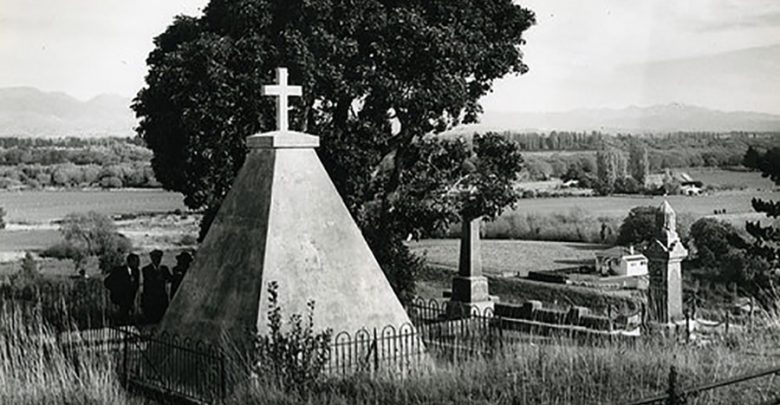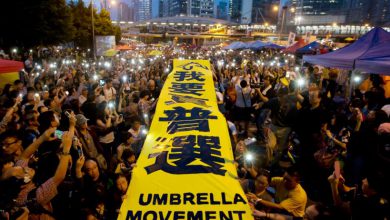AllAsia and OceaniaResolved
The Wairau Affray: Indigenous Maori and British Settlers
The Wairau Affray was the first clash between the Maori and New Zealand and British Settlers, which occurred after the signing of the Treaty of Waitangi.

Also sometimes referred to as the Wairau Massacre, the Wairau Affray on June 17th 1843 was a clash of arms between indigenous Maori and British settlers in New Zealand. The start of the conflict occurred when a magistrate of the New Zealand Company led a group of settlers in to the region in an attempt to clear the indigenous population off the land. The New Zealand Company built an English settlement in Nelson in 1840. The settlement was planned to occupy and approximate 40 acres. At the time of the incident, Te Rauparaha and Te Rangihaeata, bopth chiefs, were adamant to their population that the area had not been sold. When fighting broke out, 22 British settlers were killed along with four Maori. Two of the Maori victims included the wives of tribal elders.
The incident grew some fears among British populations of an armed Maori uprising. This was a major challenge for Governor Fitzroy, who took up post a mere six months later. IN early 1844, Governor Fitzroy held a hearing inan attempt to quell hostilities between the two populations. With his history as a humanitarian, Fitzroy demanded the resignation of the surviving magistrates at Wairau that issued arrest warrants for the Maori chiefs, stating:
“Arson is burning another man’s house, it is not arson to burn you own house. The natives had never sold the Wairau, the hut which was burned was built on ground which belonged to the natives, and of materials which belonged to them also; consequently no arson was committed and therefore the warrant was illegal”
To the Maori, Fitzroy opened proceedings where he questioned the chiefs and oithers who took place in the incident. During the inquiry, he reportedly opened the proceedings by stating:
“When I first heard of the Wairau massacre … I was exceedingly angry … My first thought was to revenge the deaths of my friends, and the other Pākehā who had been killed, and for that purpose to bring many ships of war … with many soldiers; and had I done so, you would have been sacrificed and your pa destroyed. But when I considered, I saw that the Pakeha had in the first instance been very much to blame; and I determined to come down and inquire into all the circumstances and see who was really in the wrong.
In addition, the reaction from Britain was just as harsh. Here, the New Zealand Company was in shambles due to news of “British citizens being murdered by barbarous natives,” and land sales almost halted entirely. On the island nation, groups of settlers became increasingly nervous around Maori populations.




